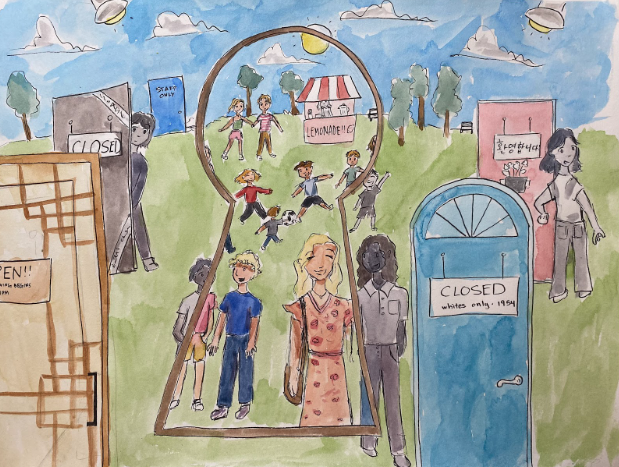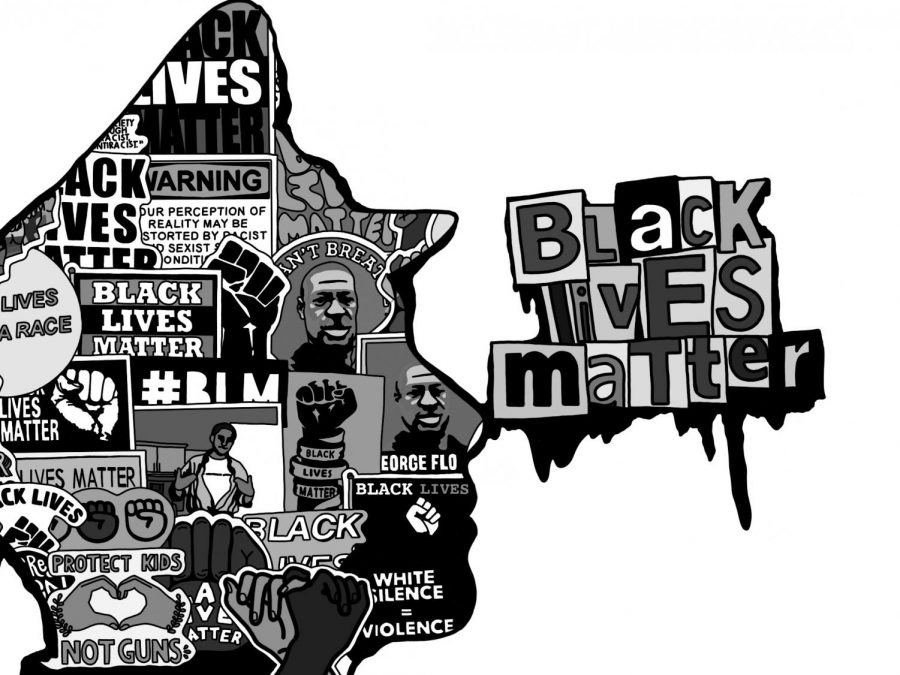A couple weeks ago as I was wisely spending my time scrolling through Tumblr (not a typical Saturday night in the life of Lorrie or anything), I saw a series of GIF’s taken from when Sheryl Sandberg appeared on the Daily Show with Jon Stewart to discuss and promote her new book, Lean In. The GIF’s subtitled Sandberg’s disturbingly accurate words:
“Since the 1970’s, women have made more and more progress at every level except the top. Women have had 14% of the top jobs in corporate America for 10 years… So there’s a stagnation… And we’re held back by lots of things. We’re held back by sexism and discrimination and terrible public policy. But we’re also held back by stereotypes. Go to a playground this weekend and you’ll hear little girls called bossy. You won’t hear little boys called ‘bossy’ because we expect boys to be assertive and lead… Rather than call little girls ‘bossy’ we should say: ‘my daughter has executive leadership skills.’”
Besides the surprising relief I felt seeing that this truth was being broadcasted, and by such a remarkable woman at that, I couldn’t help but foster a sadly unrealistic hope after watching the full interview as I was caught up in her enthusiasm. I even started to fool myself into a false sense of security, thankful that at least in my environment at our small, progressive school, females don’t have to face this injustice.
But alas, just yesterday I encountered this blatant sexism in an almost exact mirror to Sandberg’s own park example, but this time instead of being on a playground, it was in a high school classroom environment.
A girl was in charge of the class, with teacher instruction, all part of an assignment for the girl and class as a whole. The point of the exercise being to test the girl on how she would instruct the class; every student in the class goes through the exercise once in a semester. Well, the girl exceeded everyone’s expectations and she expected the class to do the same. But instead of being respected as the “instructor,” the girl was put down by her teacher and both male and female peers for being assertive, asked if she was an only child, and (drumroll please) called “bossy.”
I couldn’t believe it. Well actually, I didn’t want to face how unsurprised I was by how well I could believe it. The statement calling the girl bossy came from people I both know and respect, but hearing it was infuriating. Sandberg was exactly on point about this stereotype that hits hard in the workplace where women are resented for their success, the playground where girls are ignored for any assertive tendencies, and the learning environment where it’s apparent that females of any age are mocked for exercising confident leadership skills. Sandberg’s, “we should say: ‘my daughter has executive leadership skills,’” comment may have been greeted with a smattering of hesitant laughter in an environment where she was respected for her work, but I think she’s 100% right and I would have no problem in priding my child with that statement.
That is, if I chose to have a child- which is not a choice I should even need to think about making any time soon. But thanks to those dreadful gender stereotypes, as a female I’m told by society I will need to consider this sooner rather than later, as Sandberg brought to light at the World Economic Forum in January:
“Women still have two jobs in the most developed countries around the world; men have one. From the moment they leave school, the messages for women are different: ‘Don’t you want to have kids one day?’”
Besides the obvious frustration all of this gives me, I realize now I’m also left extremely frightened. My gender has held a mere 14% of top jobs in corporate America for the last decade, in an age our society likes to claim is so greatly progressive in regards to gender discrimination, or discrimination at all for that matter. As a female who knows that her passions will lead her to a workforce in a male-dominated environment, but also has no idea where she stands on having kids in her far, far distant future, this is all a bit more than slightly disconcerting.
I should not need to work seven times harder than the average male to reach the top, strictly because I do not possess the Y-chromosome. At no point should I or any female be judged by our choice regarding building a family, regardless of what that choice is. None of this makes sense, and the best part is that all of it boils down to simple, but age-old biological stereotypes.
Indeed, the genders do “beat” each other in certain biological areas (i.e. breastfeeding, sperm-done-ing, etc.) as Sandberg did enthusiastically contend, but the more important part of this is that a should-be-simple fact of life shouldn’t be determining our lives, and intellect is not one of those areas- hate to break it to you people, but there is no intellectually superior sex. It’s a common occurance to see women perform better on the ACT, men on the SAT. Colleges and universities weigh these tests equally when considering applicants because not one test is more difficult than the other; it’s all a simple difference in how brains are wired. Leadership is not one of those areas either, but unfortunately (ha, understatement of the year), our world has not embraced this truth, and we females are not only forced to fight tooth and nail –God forbid we break one- for the same opportunities as men, but also mocked for even entertaining such a dream.
The fact that society still needs to even make moves towards bringing gender equality is unacceptable, and as much as I love humanity, I am ashamed at our lack of progress to this end as of late. You’d think that after so much talk of ridding the world of discrimination for so long it would be done, but it seems it really is all talk, and at this point all I can hope is that more people do what Sheryl Sandberg is urging as well, and lean in and take action towards shutting down these stereotypes that ultimately not only affect how 50% of the world’s population will live their lives, but how that 50% will change the world as well.









